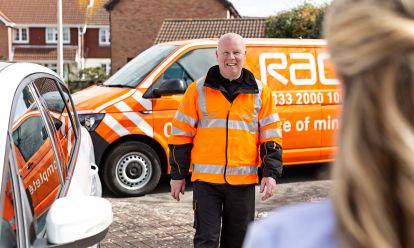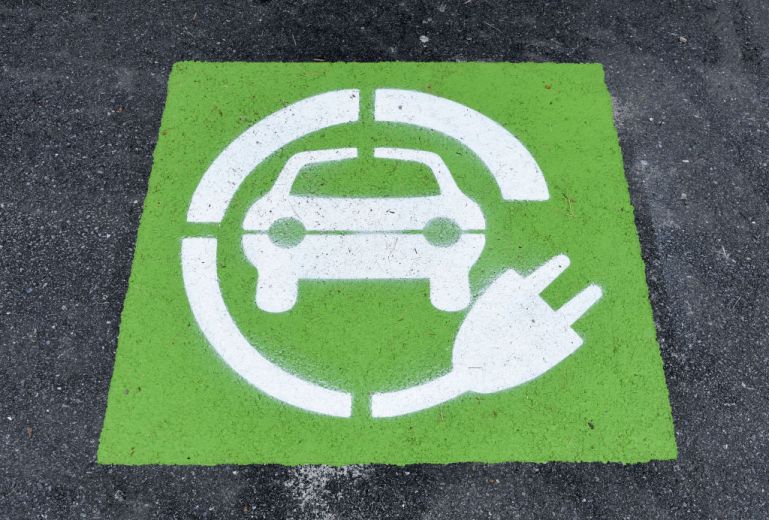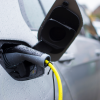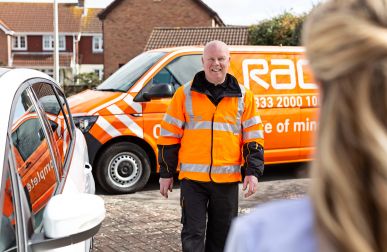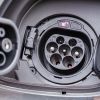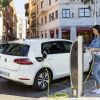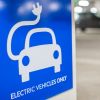Following discussions in the House of Commons, Exchequer Secretary Helen Whately stated: "The Government has not specifically introduced a reduced rate for charging EVs at home.
"Applying the reduced rate of VAT to electricity supplied at EV charging points in public places would come at a cost. VAT makes a significant contribution towards the public finances, raising around £130bn in 2019/20, and helps fund the Government’s priorities including the NHS, schools and defence. Any loss in tax revenue would have to be balanced by a reduction in public spending, increased borrowing or increased taxation elsewhere.
"The Government has no current plans to review the current rate of VAT applied to EV charging."
Following the Government’s rejection of a proposal to bring VAT on electricity charged to drivers using public electric vehicle charge points into line with that charged to those charging up a home, RAC head of roads policy Nicholas Lyes said: "It’s disappointing the Government appears to be closing the door on fairer taxation for electric vehicles.
"The real issue is that those EV owners without driveways will be hugely dependent on public charge points, so it cannot be fair they are effectively being hit with a much higher rate of taxation than those that can charge at home. If the Government wants to make electric vehicle ownership truly universal, it needs to rectify this anomaly quickly."
VAT on domestic electricity is charged at 5% - however, those using public charge points to charge their EV have to pay VAT of 20%.
Currently, around 40% of all UK EV drivers don’t have access to home charger installed on their driveway.
Electric cars – a definitive guide and tips for buyers
The road to electric - in charts and data
Quentin Willson, founder of the RAC-backed FairCharge campaign, has also disagreed with this latest move by the government.
He commented: “With the huge windfall in Treasury receipts because of higher oil and fuel prices there’s plenty of fiscal room to bring VAT on public charging down from 20% to 5%. For those without driveways or parking spaces the 20% VAT levy will mean millions of voters will be excluded from driving an EV. This is a massive Treasury policy blunder with serious societal implications.
"FairCharge has worked out that at the current rate of EV adoption, lowering the VAT on public charging would cost just £14 million. That’s a tiny raindrop echoing in an ocean.”
For current EV drivers, check out the RAC's Electric Car Breakdown Cover, and keep up to date with RAC Drive's electric cars hub for the latest news and guides.
RAC Breakdown Cover
Join the RAC and get breakdown cover. Our patrols fix 4 out of 5 vehicles on the spot, with repairs done in just 30 minutes on average.
